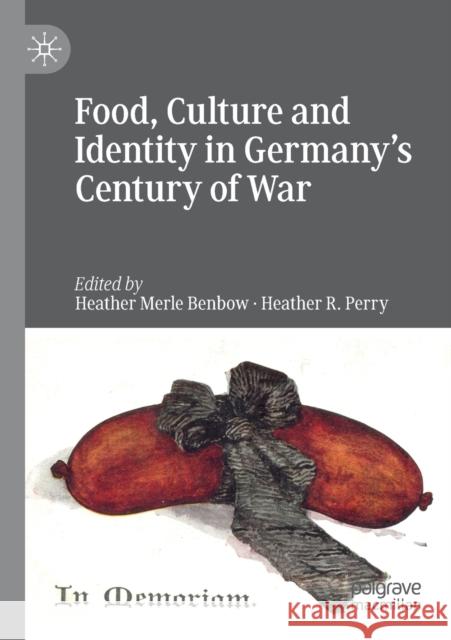Food, Culture and Identity in Germany's Century of War » książka
topmenu
Food, Culture and Identity in Germany's Century of War
ISBN-13: 9783030271404 / Angielski / Miękka / 2020 / 280 str.
Food, Culture and Identity in Germany's Century of War
ISBN-13: 9783030271404 / Angielski / Miękka / 2020 / 280 str.
cena 524,53
(netto: 499,55 VAT: 5%)
Najniższa cena z 30 dni: 501,19
(netto: 499,55 VAT: 5%)
Najniższa cena z 30 dni: 501,19
Termin realizacji zamówienia:
ok. 22 dni roboczych
Bez gwarancji dostawy przed świętami
ok. 22 dni roboczych
Bez gwarancji dostawy przed świętami
Darmowa dostawa!
Kategorie BISAC:
Wydawca:
Palgrave MacMillan
Język:
Angielski
ISBN-13:
9783030271404
Rok wydania:
2020
Wydanie:
2019
Ilość stron:
280
Waga:
0.35 kg
Wymiary:
21.01 x 14.81 x 1.57
Oprawa:
Miękka
Wolumenów:
01
Dodatkowe informacje:
Wydanie ilustrowane











